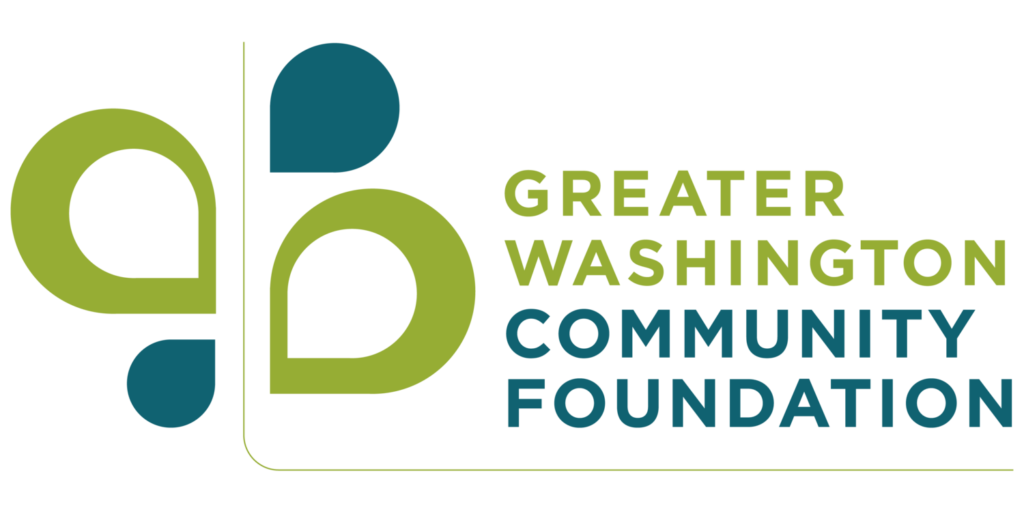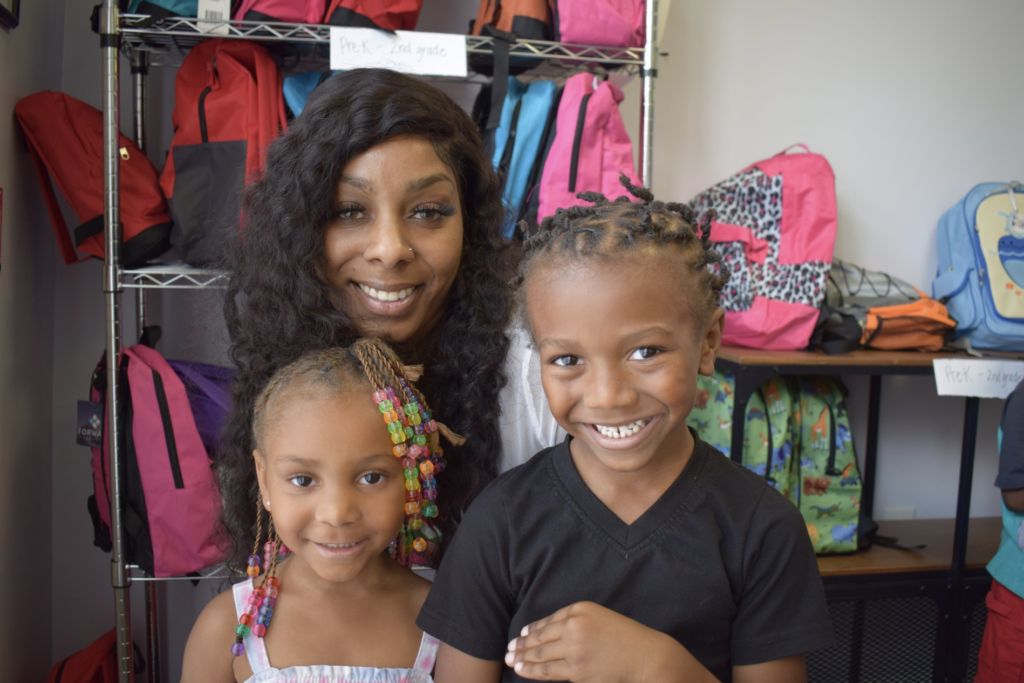
You can find the link to the original article here.

This year, the Partnership has been working to support nonprofit PSH providers as they transition to Medicaid billing. Our partnership with nonprofit providers, advocates, and government agencies makes us uniquely positioned to identify and support projects like this. In addition to support for individual organizations, investing in the system as a whole is an essential piece of our work to end homelessness. To learn more about the project, check out our previous blog post Investing in Nonprofit Capacity to Leverage Federal Funds to End Homelessness.
This year, DC launched a new Medicaid benefit that will fund permanent supportive housing (PSH) services for people experiencing homelessness — allowing the city to leverage an estimated $20+ million in new, annual federal resources through Medicaid. The move also frees up local funding to be reinvested towards other human services programs in DC.
The new funding could be a breakthrough in our region’s fight against homelessness; specifically for our PSH programs — one of the leading nationally-recognized solutions to chronic homelessness.
However, this exciting funding unfortunately does come with a slight catch. In order to access it, DC’s nonprofit PSH providers must first make significant changes to the ways they’ve traditionally worked, adopting new policies and practices to ensure they can successfully bill and provide services under the new Medicaid model. Providers also need to improve their infrastructure to support the expanded human resources, accounting, evaluation, and compliance functions that come with this funding.
“It was scary at the start,” said Chandra Dawson, the Chief Permanent Supportive Housing Officer of Friendship Place. “As the person responsible for PSH at Friendship Place, I asked myself can I do this? How do I help my team do this?”
Recognizing the challenges that nonprofits – particularly smaller, BIPOC-led organizations – might face in making this transition, the Partnership to End Homelessness made a grant to provide technical assistance for twenty-six PSH providers through The Corporation for Supportive Housing (CSH), a national leader in supportive housing.
PSH providers were enrolled in CSH’s Supportive Housing Medicaid Academy, a six-week series of two-hour trainings where they learned how to enroll themselves as Medicaid providers. Topics included the how to enroll clients, how to supervise, budget, and bill under the Medicaid model, and how to comply with Medicaid regulations. In addition to group sessions, CSH also provided individual, one-on-one technical assistance to each organization.

Another benefit of the Medicaid Academy was that it allowed providers to meet and learn from each other. “Before this project, we had few opportunities for interaction and conversation with each other,” Dawson added. “It was great to have a dedicated space to exchange ideas, ask questions, and collaborate. I have experienced increased opportunities to meet and strengthen my relationship with other providers”
CSH also conducted individual assessments to assess providers’ readiness, identify remaining organizational capacity gaps, and make recommendations for improving organizational capacity. Even after completing the Academy, graduates continue to receive one-on-one technical assistance from CSH as they begin the process.
“CSH continues to give us feedback on our performance as we work on completing this transition,” Dawson added. “They are also really good about soliciting feedback from us to pass on to DHS; which is important while DHS develops policies at the agency-level that will impact us and other providers on the front lines.”
However, Dawson says the Medicaid transition isn’t just about changing billing procedures. It’s about changing the way that service providers operate.
“Our clients can often feel overwhelmed by all the systems they have to interact with,” Dawson explains. “They can feel invisible or unable to advocate effectively for themselves. As their service provider, we have a responsibility to lift that burden.”
“As a result of this Medicaid transition, there are additional “eyes” both within and outside of Friendship Place looking at our performance. Moving forward, we’re increasing our expectations for our case managers, as well as for our supervisory staff and program leaders. We hope this higher level of accountability will translate into a higher standard for service delivery, which should correlate with better housing and well-being outcomes for the people we serve.”
The process has also inspired Friendship Place to look at ways to improve all their programs, not just PSH: “In the past, program design has been primarily led by our program staff. However, Medicaid requires us to work collaboratively with team members from finance, evaluation, compliance, and human resources to develop strong quality assurance practices.”
“As we’ve documented workflows and updated policies and procedures in preparation for this transition, we’ve identified ways that we can work more efficiently across the organization.”
As a Partnership, we’re excited to share that many of the city’s PSH providers have already successfully enrolled in the Medicaid benefit and most providers should be billing Medicaid by early 2023.






